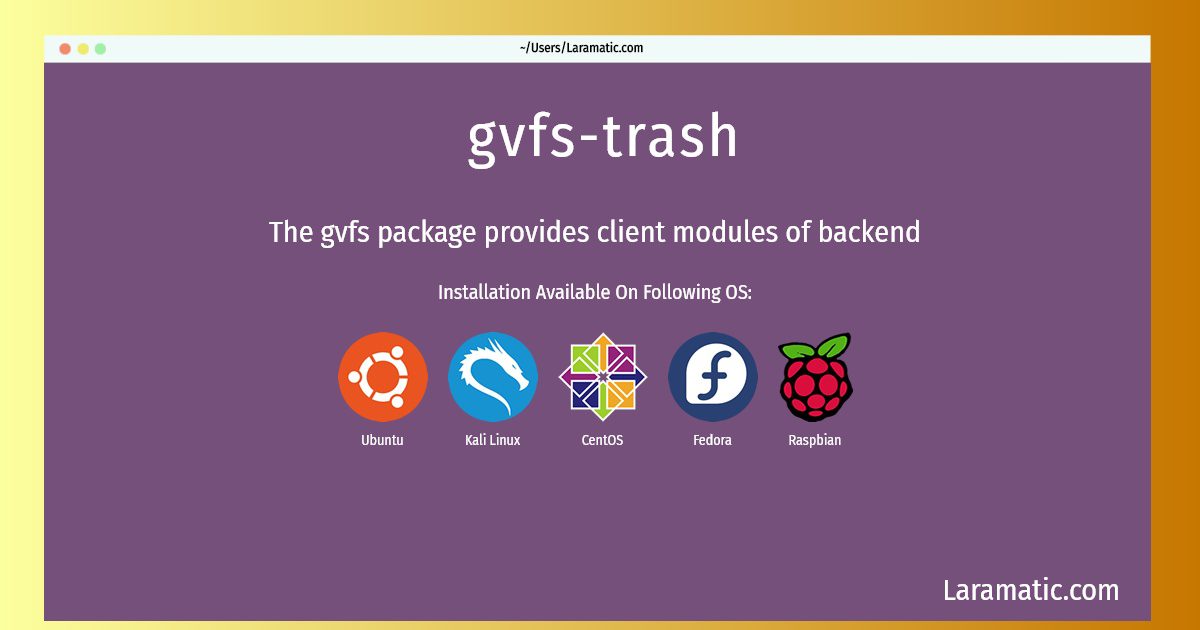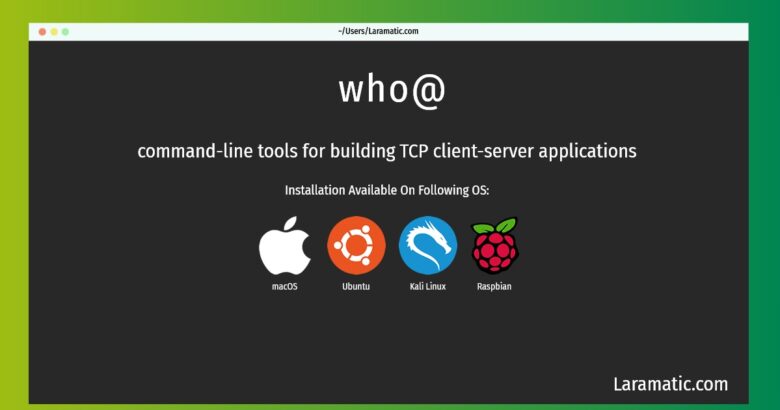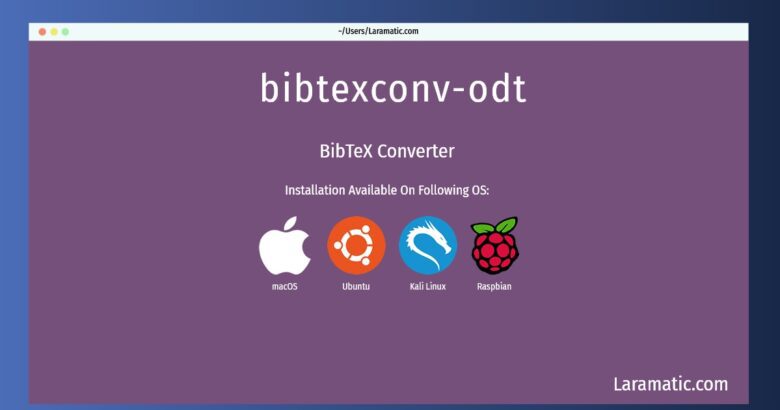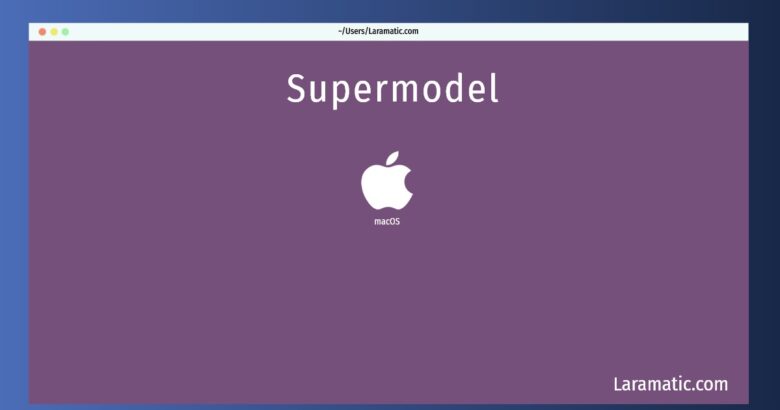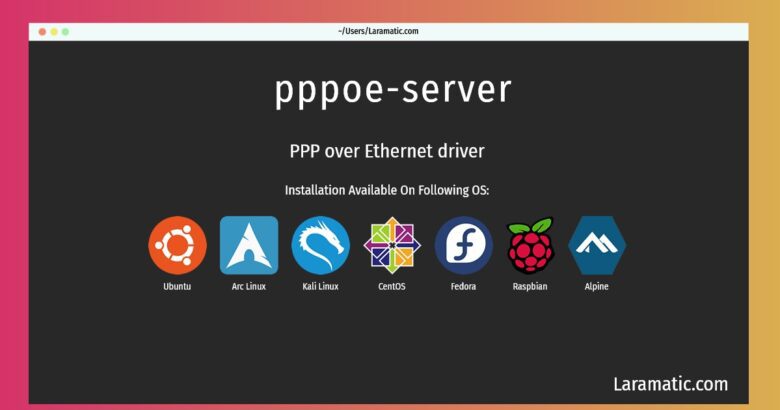How To Install Gvfs-trash?
Install gvfs-trash
-
Debian
apt-get install gvfs-dbgClick to copy -
Ubuntu
apt-get install gvfs-dbgClick to copy -
Kali Linux
apt-get install gvfs-binClick to copy -
CentOS
yum install gvfs-clientClick to copy -
Fedora
dnf install gvfs-clientClick to copy -
Raspbian
apt-get install gvfs-dbgClick to copy
gvfs-client
The gvfs package provides client modules of backendimplementations for the gio framework in GLib.
gvfs-bin
userspace virtual filesystem - deprecated command-line toolsgvfs is a userspace virtual filesystem where mounts run as separate processes which you talk to via D-Bus. It also contains a gio module that seamlessly adds gvfs support to all applications using the gio API. It also supports exposing the gvfs mounts to non-gio applications using fuse. This package contains deprecated command-line tools such as gvfs-copy and gvfs-rename. Please use the gio(1) tool in the libglib2.0-bin package instead.
gvfs-dbg
userspace virtual filesystem - debugging informationgvfs is a userspace virtual filesystem where mounts run as separate processes which you talk to via D-Bus. It also contains a gio module that seamlessly adds gvfs support to all applications using the gio API. It also supports exposing the gvfs mounts to non-gio applications using fuse. This package contains the debugging symbols needed to help debug gvfs itself and gvfs modules.
gvfs
userspace virtual filesystem - GIO modulegvfs is a userspace virtual filesystem where mounts run as separate processes which you talk to via D-Bus. It also contains a gio module that seamlessly adds gvfs support to all applications using the gio API. It also supports exposing the gvfs mounts to non-gio applications using fuse. This package contains the GIO module that lets applications use gvfs mounts.

